Wound Care
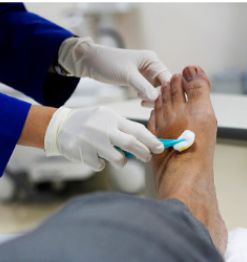
Leg wounds can occur as a result of many different factors;
The goals of compression therapy with wound care are;
There are many different types of compression therapy;
-
Reduce healing time,
-
Decrease pain and swelling around the wound,
-
Help to restore valve efficiency,
-
Help to decrease valve pressure with walking.
-
Trauma to the leg,
-
Non-healing surgical site,
-
Untreated lymphedema resulting in weeping and ulcerations Infections,
-
Chronic venous insufficiency (CVI),
-
Pressure ulcerations.
Compression therapy recommendations are based on test results and wound care team recommendations following a full evaluation by a trained therapist.
The factors impacting treatment recommendations include, but are not limited to;
-
Medical status and other pre-existing medical conditions,
-
Type of ulceration,
-
Ability to perform independently at home,
-
Tolerance to compression.
If you have any questions regarding compression therapy and if it may be an effective treatment for you,
please call us at (207) 703-0072
or
have your physician fax a referral to (207) 703-0199.
Referral forms may be downloaded from the Providers page.
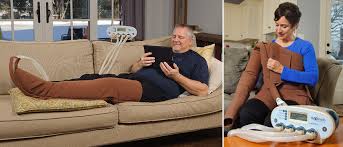
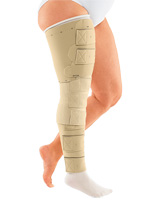
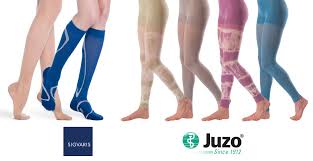
Gradiant Compression Stockings
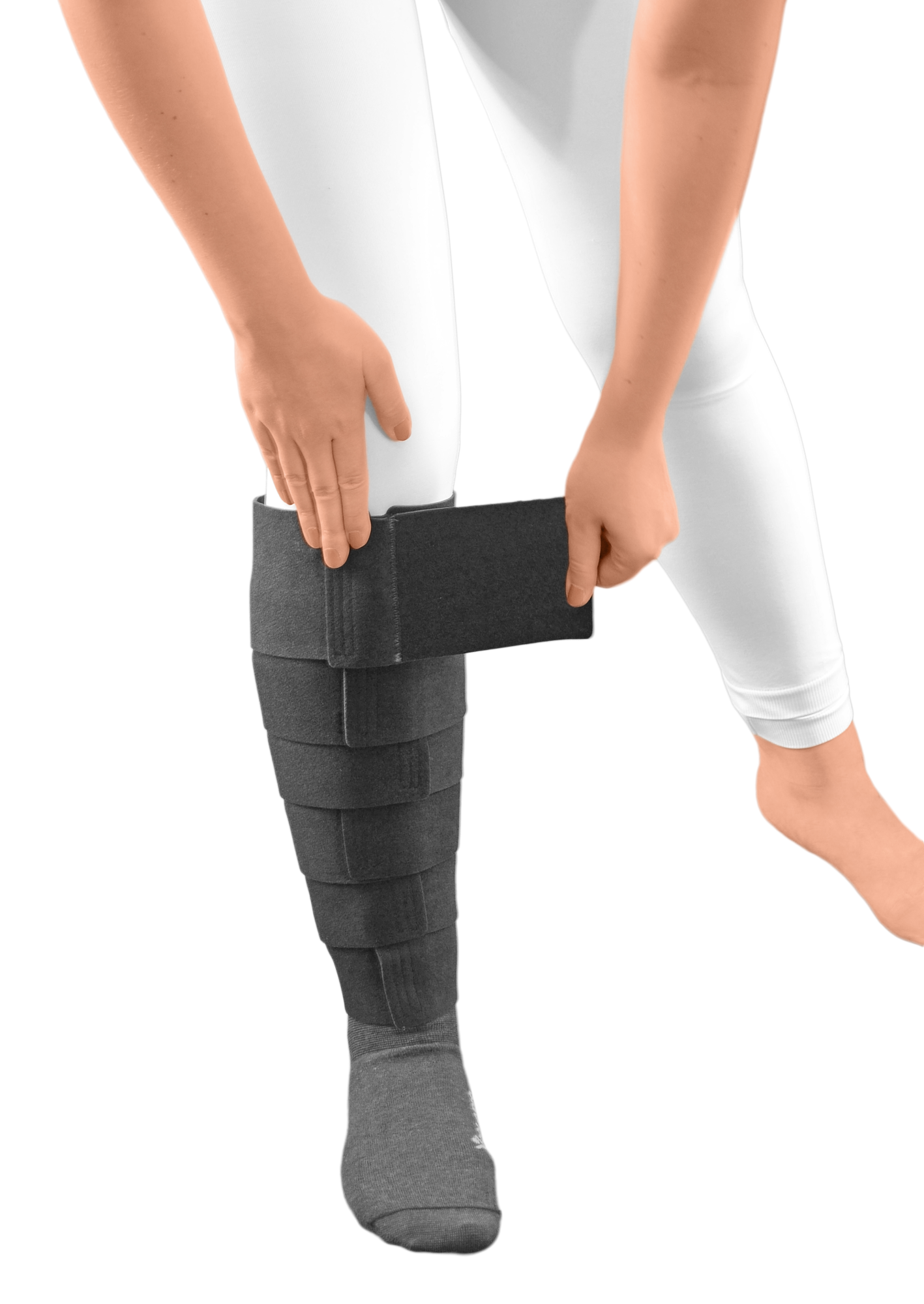
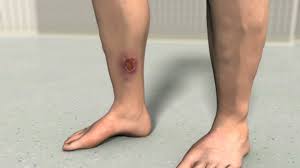
There are many different types of compression therapy, so you should to talk with your doctor and wound care team to determine the best method for you.
Research has shown compression therapy to decrease healing time.
Compression therapy is among the top choices when considering different treatment options for wounds,.
Compression Therapy Recomendations;